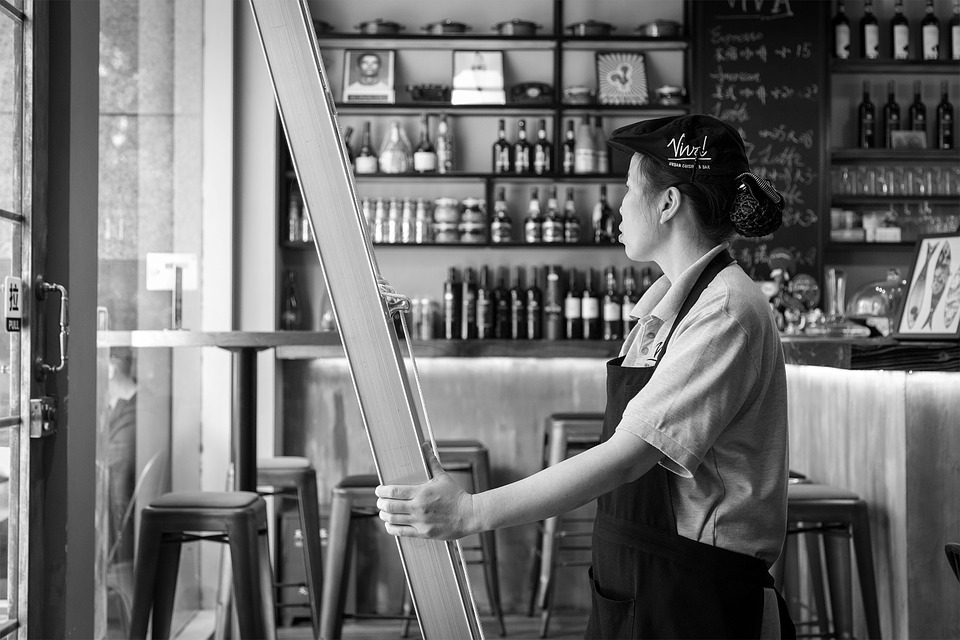Do you work long hours at a thankless job? Do you get minimum wage even though you face so many problems per hour you’re not far off suffering an aneurysm? Do members of the public mistreat you even though you’re offering them a basic service they absolutely rely on? If yes, this one’s for you – if no, then welcome to the gruesome world of hospitality.
77% of students have a part time job at university and, for a lot of students, that job will be in the hospitality sector – 29% of all workers in hospitality are aged 21 or younger. If “hospitality” is a phrase shrouded in mystery for you, let me illuminate it: think waiters and bartenders, porters, receptionists and shop assistants. Hospitality covers a few general areas – tourism, accommodation, restaurants and bars – but what they all hinge on is customer service. Interactions with the paying general public are the bedrock of hospitality and are what make jobs in the industry so demanding and demeaning.
Customers come in all shapes and sizes. Some are kind, patient, and invariably friendly; ergo, to express the grievances of student workers in hospitality first requires recognition of the pleasure serving customers can be when things don’t go wrong. Customer service can be deeply fulfilling. Even on the days where things do go wrong, an understanding customer can transform your outlook on the spirit of customer service. I once welled up at my former workplace when a kind customer explained how she completely understood that mistakes happened and didn’t blame us, the waitresses, for the kitchen botching her order, but instead commended us for creating such a pleasant customer experience. This is the power of a kind customer.
Another customer once made me weep in the middle of the tearoom. His soy milk hadn’t come fast enough.
This power goes the other way, too: negative experiences carve a deeper impression on your perception of your job than positive ones, their mark indelible and culpable for the bad rep hospitality jobs get. Just like the kind customer who made me cry because of her kind words, another customer once made me weep in the middle of the tearoom. His soy milk hadn’t come fast enough.
It’s customers like this that make jobs in hospitality a minefield. Because you’re the face of the service being provided, when things go wrong – no matter how out of your control or pay range they are – it’s your fault. Kitchen failed to prepare the correct gluten-free dairy-free non-GMO vegan meal? Your fault. Customer disagrees with the ethics of the company’s board of directors? The ethically-dubious practices of the company are your fault. The polar ice caps are melting and sea levels are rising because of climate change? You did that – single-handedly! Not only do you have to bear the brunt of every injustice the customer has ever faced starting with the time Santa didn’t get them what they wanted aged six, you have to take it all with a smile. No matter how disrespectful they are, no matter how much they forget you’re a human when they complain to you – you can’t fight back, because then you’re the bad guy, and you can kiss your job and job place reputability goodbye.
Not all customers are hell spawn like the guy who made me cry over soy milk (he also charged into the kitchen to fetch the soy milk himself, by the way. Such was his passion for soy milk I guess) but a lot of them don’t have enough patience for customer service workers who have to handle more than they’re paid for. This isn’t an attack on the hospitality industry’s treatment of its youngest workers (here’s to Lis, Andrea
Georgie Wardall

